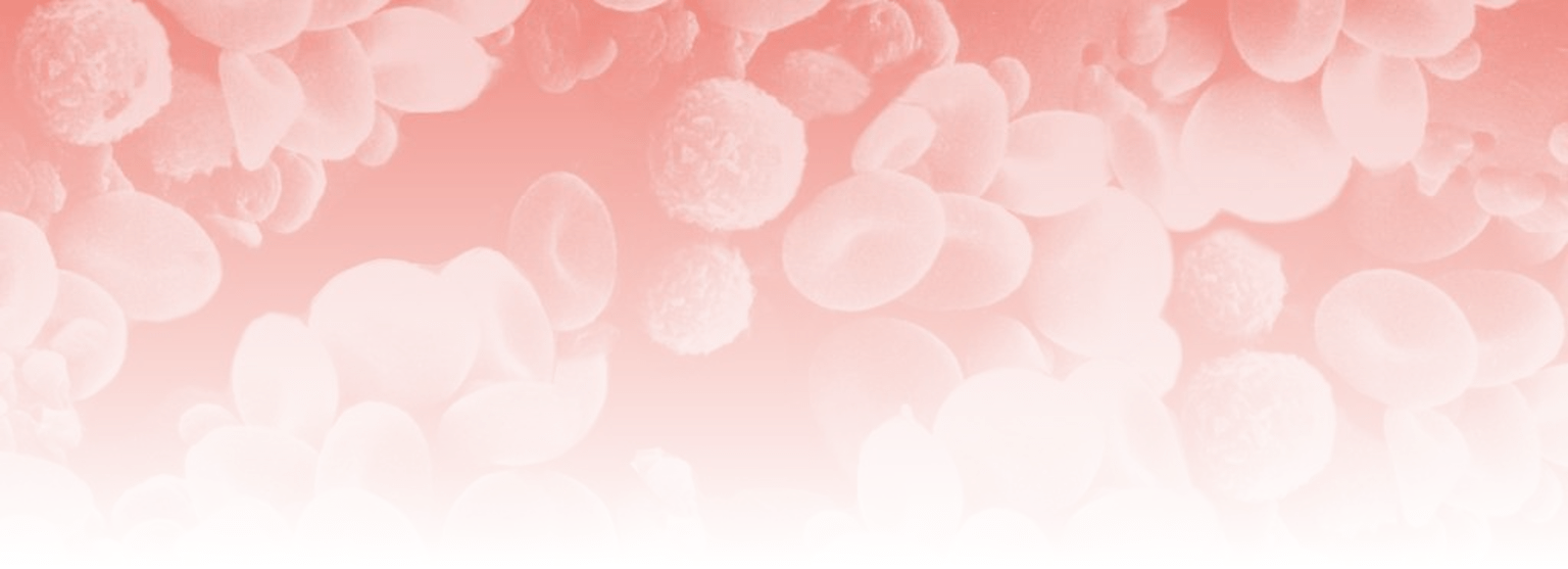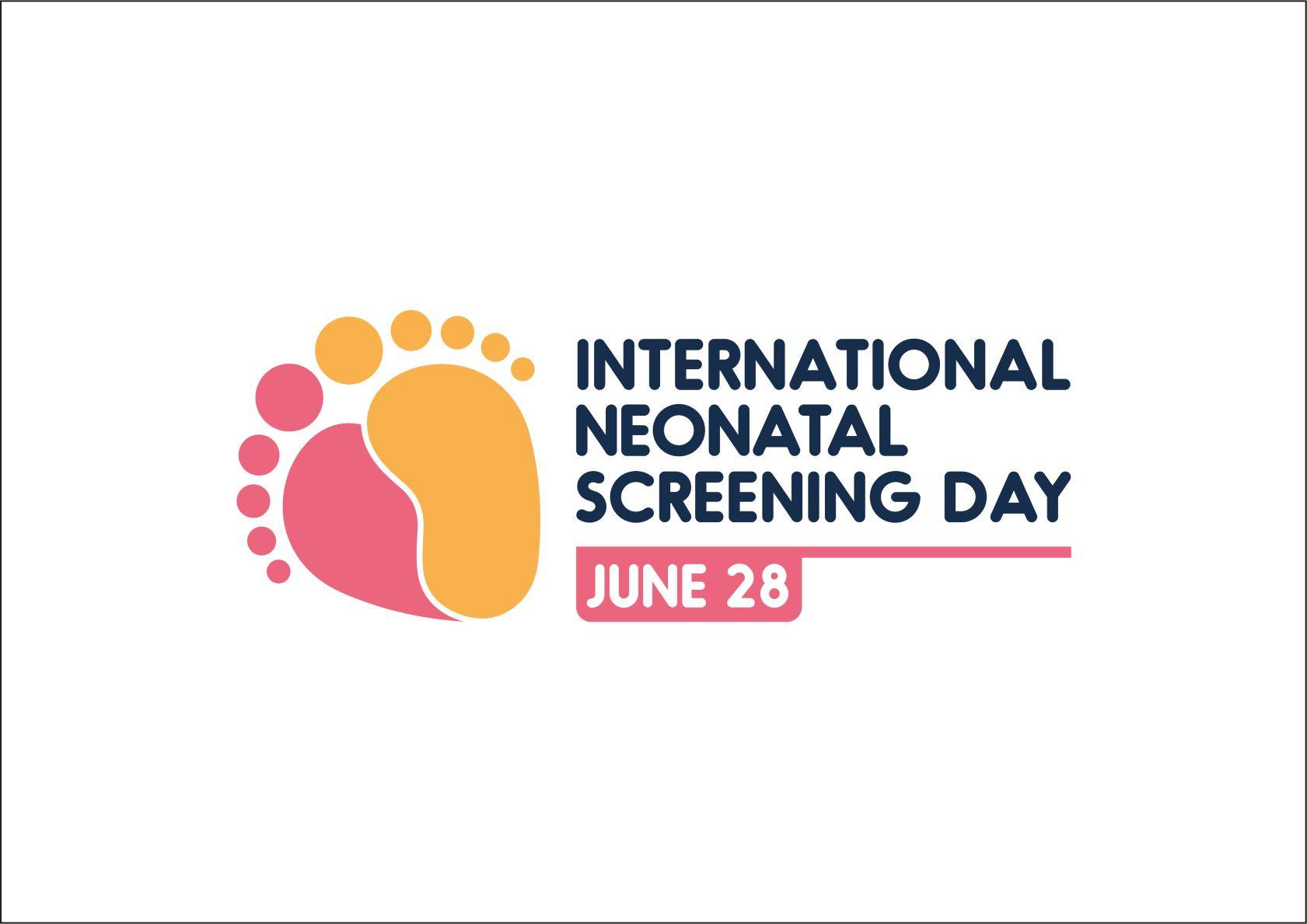
Fifth International Newborn Screening Day

June 28, 2025
This year marks the fifth anniversary of Newborn Screening (NBS) day, an event celebrated annually on June 28 to coincide with the birthday of Robert Guthrie, the American doctor who developed the first NBS test.
The International Neonatal Screening Day (INSD) campaign is organized by Screen4Rare, a multi-stakeholder platform launched by several partners, including the International Society for Neonatal Screening (ISNS), the International Patient Organisation for Primary Immunodeficiencies (IPOPI) and the European Society for Immunodeficiencies (ESID).
Newborn Screening
Aims and variations between countries
The objective of NBS is to allow the early detection of diseases that can have very serious consequences if they are not treated soon after birth. National NBS programs have been established in several countries, but variations exist, even within Europe, in terms of the diseases tested, the information and support provided to parents, the timing of sample collection, the accreditation status of the laboratories carrying out the screening, and the steering, regulation and monitoring of the NBS program (Sikonja et al., 2022).
Newborn screening in France
In one of our previous news articles, published on the occasion of the First International Neonatal Screening Day in 2021, we discussed how only six rare diseases*, as well as deafness, were included as part of the existing French national NBS program, but that the French National Authority for Health (Haute Autorité de Santé, HAS) had recommended screening for an additional seven inborn errors of metabolism (IEMs), also known as inherited metabolic diseases (IMDs):
- three aminoacidopathies: homocystinuria (HCU), maple syrup urine disease (MSUD), and tyrosinemia type 1 (TYR1)
- two organic acidurias: glutaric aciduria type 1 (GA1) and isovaleric acidemia (IVA)
- two beta-oxidation deficiencies: long-chain 3-hydroxyacyl-CoA dehydrogenase (LCHAD) deficiency and carnitine uptake deficiency (CUD).
These IMDs were integrated into the French NBS program on January 01, 2023.
In 2023, the HAS also published a methodological guide containing the evaluation criteria for the integration of further new diseases into this program.
Indeed, the French NBS program is still evolving:
- In February 2024, the HAS recommended implementing neonatal screening for another IMD — very long-chain acyl-coenzyme A dehydrogenase (VLCAD) deficiency — but this disease has not yet been included in the national NBS program.
- Since November 01, 2024, sickle cell anemia has been screened in all newborns; before this date, it was screened in all newborns in French Overseas Territories, but only in the presence of risk factors in mainland France.
- In September 2025, screening for spinal muscular atrophy (SMA), which is characterized by irreversible neuromuscular degeneration, will be included in the French NBS program.
Santé Active Edition – Synergy Pharm and Newborn Screening
As mentioned in our previous International Neonatal Screening Day news article, the medical writing team at Santé Active Edition – Synergy Pharm has worked on several projects concerning NBS: drafting a scientific article, translating treatment recommendations, and producing referenced slideshows.
Santé Active Edition – Synergy Pharm and Rare Diseases
Most of the diseases included in the French NBS program are IMDs: phenylketonuria (PKU), medium-chain fatty acid acyl-CoA dehydrogenase (MCAD) deficiency, and the above-mentioned seven IMDs added in 2023.
Our medical and scientific communication agency has collaborated on several occasions with the G2M National IMD Healthcare Network, which brings together Rare Disease Reference Centers (CRMR), Rare Disease Competence Centers (CCMR) and the laboratories involved in the diagnosis and management of patients with IMDs.
As mentioned in our news article dedicated to Rare Disease Day 2025, our medical writing team contributed to the publication of an original article describing how more than 50 short and standardized protocols have been developed, in French and English, to provide healthcare professionals with practical advice for the immediate management of patients with IDMs requiring emergency care. We have also participated in the development of diagnostic information sheets intended to help non-specialist physicians recognize the clinical signs of IMDs, and encourage them to refer patients to a Rare Disease Center belonging to the G2M Network, if necessary, allowing rapid and appropriate care, and thus avoiding inaccurate or delayed diagnosis. These diagnostic information sheets are freely available in French and English.
Medical writers from our team have also completed several projects on cystic fibrosis, as discussed in our previous news articles:
* Phenylketonuria (PKU), congenital hypothyroidism (CH), sickle cell disease (SCD; overseas, and in mainland France if risk factors identified), congenital adrenal hyperplasia (CAH), cystic fibrosis (CF), and medium-chain acyl-CoA dehydrogenase deficiency